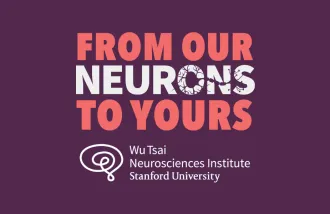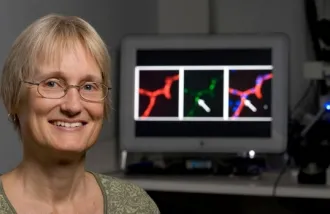From gut to brain: reprogramming peripheral macrophages at the intestinal barrier to prevent age-associated inflammation and cognitive decline
This team will investigate whether a decline in intestinal immune cell metabolism drives age-related inflammation and cognitive decline. By replacing aged intestinal macrophages with metabolically healthy ones, they hope to develop a novel approach to enhance cognitive resilience.
Research Summary
Age-associated cognitive decline and memory loss have been linked to prolonged inflammation, but it is unclear how this inflammation arises and spreads to the brain. Katrin Andreasson and colleagues have previously shown that a significant contributor to age-associated inflammation is a decline in energy metabolism of myeloid cells, immune “first responders” that populate our internal organs. Of these, about 70% reside in the gut, where they line the gut barrier and protect against infiltration of gut bacteria into the rest of the body. In this Brain Resilience Innovation Grant project, Andreasson and colleagues will investigate whether this decline in intestinal immune cell metabolism is responsible for age-related cognitive decline — potentially by allowing rogue gut bacteria into the circulation and increasing systemic inflammation. They will develop a novel approach by replacing aged intestinal myeloid cells called macrophages with metabolically healthy ones. This approach has the potential to rejuvenate the intestinal barrier, reduce systemic inflammation, and prevent cognitive decline. If so, it would represent a novel approach to enhance cognitive resilience by improving intestinal immune cell function.






